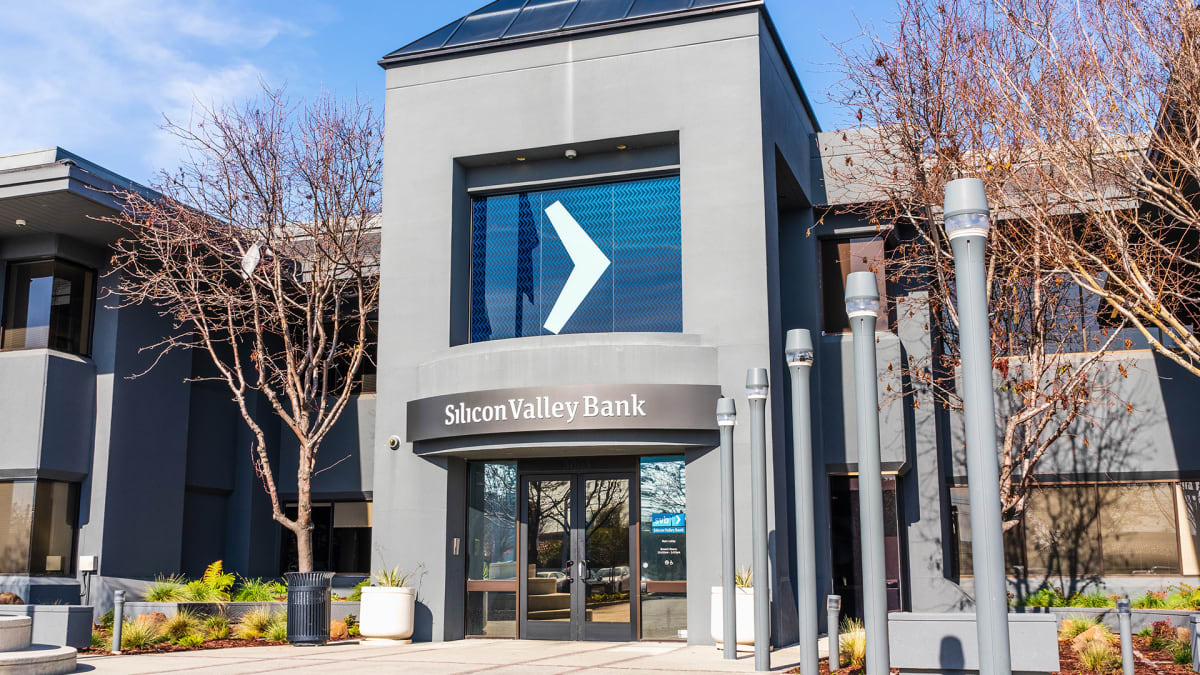
A new era is dawning in Silicon Valley with the failure of SVB Financial Group.
The firm was the bank of startups.
It was to it that startups and venture capital firms turned to finance their endeavors.
SVB was a central player in the innovation economy. It was the backbone of the tech industry in Silicon Valley. It played an important role in the startup ecosystem by providing specialized financial services, industry expertise, a valuable network, and a strong reputation.
It also offered a range of financial services tailored specifically to the needs of startups, such as venture debt, corporate banking, and asset management. These services are designed to help startups manage their finances, optimize their cash flow, and scale their businesses.
Uncertainties Around Deposits
On March 10, regulators decided to shut down SVB, marking the biggest failure of a US bank since the 2008 crisis. In doing so, the the Federal Deposit Insurance Corporation (FDIC) took control and is now the manager of $175 billion in customer deposits, including money from several startups and from some of the biggest names in the technology world.
The regulator immediately announced the creation of a new bank, the National Bank of Santa Clara, which will take over the assets and deposits of the old SVB. This new bank will start operating on Monday, March 13. While the FDIC has indicated that checks issued by the old bank will continue to be cleared, the future is very unclear for customers whose deposits exceed $250,000, which is the case for a large number of startup customers of the now defunct SVB.
They will receive certificates for their uninsured funds, meaning they would be among the first in line to be paid back with funds recovered but the question is whether they will recover all of their funds and especially when will they collect this money?
"As the FDIC sells the assets of Silicon Valley Bank, future dividend payments may be made to uninsured depositors.," the regulator said.
It is therefore a total blur for many startups.
"There's a lot of unknowns," Ryan Gilbert, founder of venture capital firm LaunchPad Capital, told TheStreet. "If you're running a startup or a business, and you're at Silicon Valley Bank, you want to be in a position where you are able to run your business and have heavy reliance on your institution, especially if you have to pay payroll or make insurance payments or contributions to retirement funds."
But" if your money is locked up, you cannot do that," the investor said.
His San-Francisco, Calif.-based firm has invested in nearly thirty startups, according to their website.
Gilbert's fears were shared by other tech investors on social media.
"Thinking out loud for founders impacted by SVB/who have under 30 days of capital… 80% chance this won’t be necessary, but who knows!" posted on Twitter Jason Calacanis, Angel Investor, Podcaster and billionaire Elon Musk's friend.
'Keep Cash in 3 Banks'
He advised some startup founders to "freeze outgoing payments, let vendors know you need 60 days, figure out payroll & let your investors know exactly when cash out."
In addition, "attempt emergency bridge [loan] with existing investors; hopefully reasonable terms or senior debt (but given valuation reset this is a HARD discussion for many). Figure out who can take deferred salary on management team, which will extend runway," Calacanis added.
A bridge loan is a short term loan or financing to give a temporary relief.
In addition, he advised entrepreneurs to tell the truth about the situation to their teams so that they can in turn discuss the situation with their families and loved ones and also to discuss with human resources about legal issues around payroll shortfall.
"In future, keep cash in 3 different banks," Calacanis concluded.
Created in 1983, Silicon Valley Bank, which presented itself as a "partner for the innovation economy,” offered higher interest rates on deposits than its larger rivals to attract customers. The company then invested the clients' money in long-dated Treasury bonds and mortgage bonds with strong returns.
This strategy has worked well in recent years. The bank’s deposits doubled to $102 billion at the end of 2020 from $49 billion in 2018. in 2021, deposits increased to $189.2 billion.
But everything turned around when the Federal Reserve began to raise interest rates, which has made existing bonds held by SVB less valuable. As a result, the bank had to sell the bonds at a discount to cover withdrawals from its customers. In selling these bond positions, SVB had to take a significant loss.
In the end, this decision caused panic and a run on the bank.







